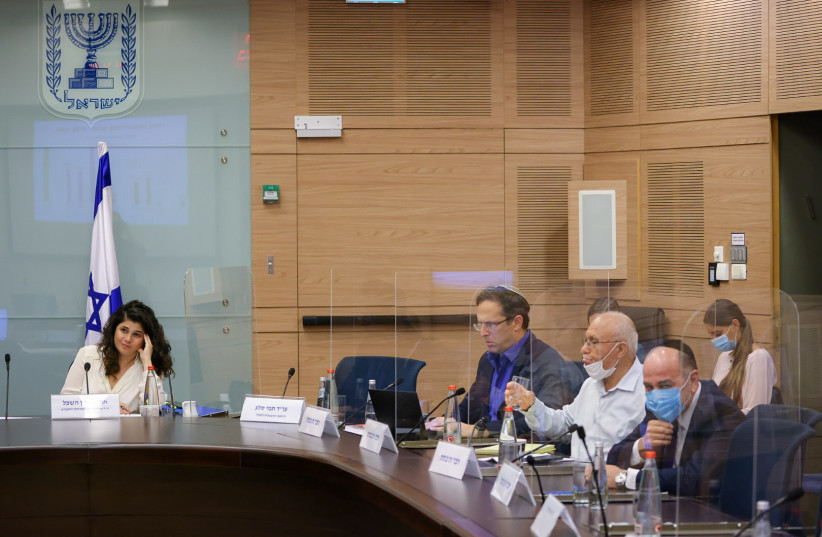Israel’s Ministry of Education and Ministry for Social Equality will approve a joint plan next week intended to increase school matriculation rates, increase the number of classrooms, and reduce school dropout rates – among other initiatives to reduce education gaps for Arab Israelis.
Minister of Social Equality Meirav Cohen and Minister of Education Dr. Yifat Shasha-Bitton published the primary factors of the joint project, which is part of a comprehensive 5-year plan meant to increase equality among Arab Israeli society. The plan will be submitted for approval later this month.
The agreements will introduce a comprehensive program to improve Hebrew literacy, develop more relevant educational content, promote after-school education, reduce dropout rates, and more. The proposal also pledges NIS 2.4 billion for the construction of classrooms in Arab regions, which will provide over 3,500 classrooms and kindergartens, and an additional NIS 7,000 investment per Arab student. Further initiatives include improving teacher quality by raising hiring standards and expanding training programs.
Goals set forth by the education strategy include reducing the gap between Jewish and Arab students in university matriculation among all 18-year-olds by at least 50%, as well as working towards a significant increase in PISA (Program for International Student Assessment) test scores among Arabic-speaking students.
"The guiding principle of the five-year plan for Arab society is to reduce gaps," Minister Cohen said. “Since it all starts with education, the program we formulated in the field is especially important, and includes an investment of NIS 9.4 billion in reducing gaps.”
A significant gap exists between Jewish and Arab societies in regards to investment in education. A 2019 report by the Association for the Advancement of Civil Equality reported that textbooks and other educational materials featured no mention of culturally Arab images or Arab locales. “A Jewish student in Israel can graduate from high school without ever having met a single Arab student in person, and the reverse is also true,” read the study. “This vacuum has fostered distorted group perceptions on both sides, impairing the children’s capacity to deal with prevalent negative stereotypes of the other group.”
Education Ministry data reveal that the Arab system is allocated lower budgets across the board– between 20% to 40% lower– along with fewer days of staff training, a smaller investment in special programs/supervision, and a huge shortage of elementary physical infrastructure, namely computers, science labs, and libraries. Data also indicated underrepresentation of Arabs in senior positions in the education system– including inside the Education Ministry itself– and a curriculum that ignores Arab culture, history, and literature.
"Strengthening the education system in Arab society and investing in it is the key to reducing the gaps in Israeli society, for optimal integration, and for maintaining our resilience as a state," said Minister Shasha-Bitton. "The budgets that will be invested in the education system in the Arab localities will provide its students with tools and skills that will strengthen the community," she added.

Ra’am Party leader Mansour Abbas, the first Arab Israeli to be a member of a coalition government, also commented on the education measures: "Education is a key lever in the development of every society– especially Arab society, which suffers from many crises in various fields. There is also significant progress in reducing gaps between Arab and Jewish students.”
“I thank Sarah Yifat Shasha Bitton and Meirav Cohen for the cooperation that led to the formulation of the education program.”
